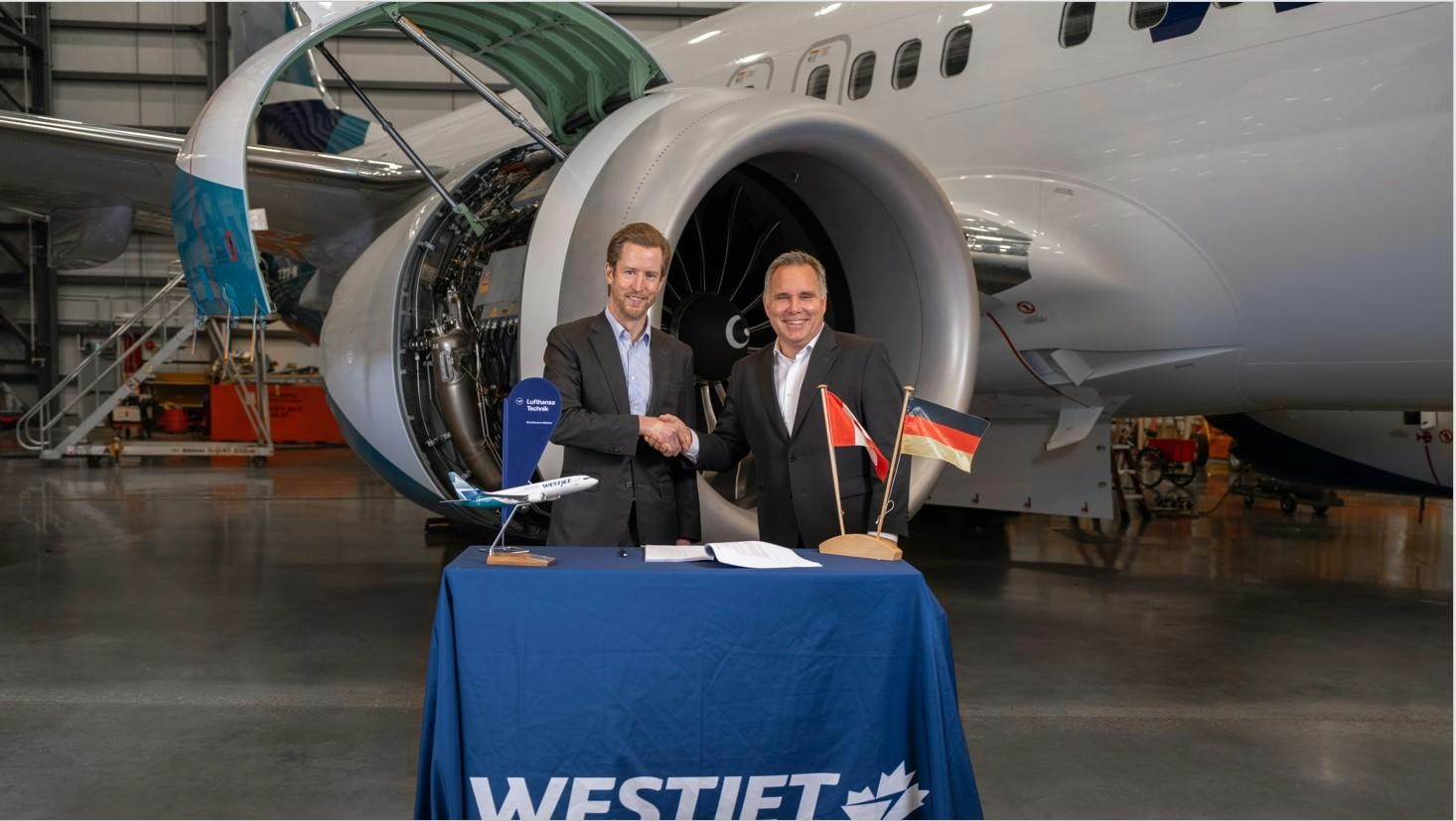AeroGenie — Your Intelligent Copilot.
Trending
Categories
Calgary launches YYC AeroNex to drive aviation innovation

Calgary Launches YYC AeroNex to Drive Aviation Innovation
The Calgary Airport Authority has unveiled YYC AeroNex, a new aviation innovation hub designed to establish Calgary as a key player in the global air transport industry. This initiative aims to address persistent technology and infrastructure gaps within Canada’s aviation sector by focusing on advanced maintenance capabilities, sustainable fuel development, and workforce training. YYC AeroNex is poised to transform the operational landscape for Canadian airlines, enhancing their competitiveness on the international stage.
Advancing Maintenance and Sustainable Aviation
At the heart of YYC AeroNex is a C$120 million (US$87.5 million) Maintenance, Repair, and Overhaul (MRO) facility, developed in partnership with Lufthansa Technik. This facility will feature Canada’s only engine test cell of its kind and will dedicate space to the development of sustainable aviation fuels (SAF). Rob Bachart, Chief Real Estate Officer at the Calgary Airport Authority, highlighted the significance of this infrastructure, noting that Canadian airlines currently must send aircraft or engines abroad for maintenance, a process that increases costs, turnaround times, and emissions. The new facility aims to reduce these inefficiencies, thereby lowering operating costs and emissions while improving service speed.
The project is supported by C$172 million in financing from the Canada Infrastructure Bank, complemented by commercial lenders. Bachart emphasized that the decision by Lufthansa Technik to establish operations in Calgary was influenced by the city’s strong innovation ecosystem, access to skilled labor, and expanding cargo and passenger traffic. These factors position Calgary as an attractive hub for long-term operational growth and talent development in the aviation sector.
Addressing Industry Challenges and Fostering Collaboration
Despite its promising outlook, YYC AeroNex faces challenges common to the aviation industry, including the recruitment and retention of skilled workers and the need to build partnerships with established aviation service providers. As demand for air travel and aircraft maintenance grows, the hub’s success will depend on its ability to overcome workforce shortages and infrastructure limitations.
In addition to its maintenance and fuel initiatives, YYC AeroNex will collaborate with post-secondary institutions to develop specialized educational programs. These programs aim to cultivate long-term careers in maintenance, engineering, and emerging technologies such as sustainable fuels, thereby strengthening the talent pipeline for the aviation industry.
All four initial projects under YYC AeroNex are expected to be operational by 2029. The Calgary Airport Authority plans to measure the hub’s impact on the national aviation ecosystem through ongoing partnerships with government, industry, and academic stakeholders. Bachart underscored that YYC AeroNex represents more than just infrastructure development; it is a strategic effort to build a future-focused ecosystem that fosters innovation, attracts investment, and secures Canada’s position in the evolving global aviation landscape.

Emirates Unveils Cabin Design for New Boeing 777X

Eighteen Years On, the Airbus A380 Remains Central to a $34 Billion Airline

How a boom in luxury airline seats is slowing down jet deliveries

Navitaire Outage Attributed to Planned Maintenance

DigiYatra Debuts Outside Aviation at India AI Impact Summit

Vietnam Orders Strengthen Boeing’s Commercial Outlook

Airbus Signals Uncertainty Over Future A400M Orders

JobsOhio Awards $2 Million Grant to Hartzell Propeller for Innovation Center

Collins Aerospace Tests Sidekick Autonomy Software on YFQ-42A for U.S. Air Force CCA Program

How the Airbus A350-1000 Compares to the Boeing 777
